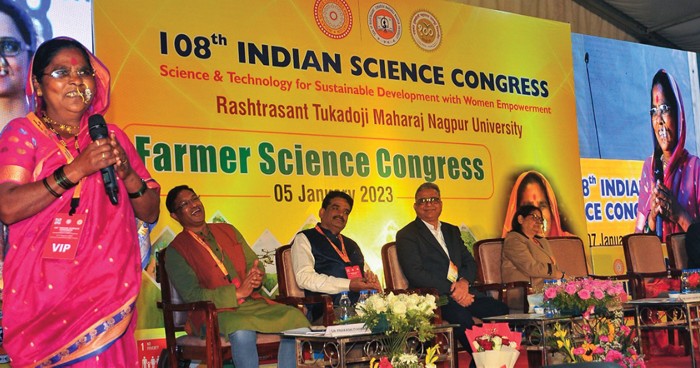Advertisement
Grab your lab coat. Let's get started
Welcome!
Welcome!
Create an account below to get 6 C&EN articles per month, receive newsletters and more - all free.
It seems this is your first time logging in online. Please enter the following information to continue.
As an ACS member you automatically get access to this site. All we need is few more details to create your reading experience.
Not you? Sign in with a different account.
Not you? Sign in with a different account.
ERROR 1
ERROR 1
ERROR 2
ERROR 2
ERROR 2
ERROR 2
ERROR 2
Password and Confirm password must match.
If you have an ACS member number, please enter it here so we can link this account to your membership. (optional)
ERROR 2
ACS values your privacy. By submitting your information, you are gaining access to C&EN and subscribing to our weekly newsletter. We use the information you provide to make your reading experience better, and we will never sell your data to third party members.
Policy
A century-old science conference is in limbo
The Indian Science Congress is canceled after allegations of pseudoscience and sloppy organization
by K. V. Venkatasubramanian, special to C&EN
February 14, 2024
| A version of this story appeared in
Volume 102, Issue 4

A century-old annual science event, the Indian Science Congress, has been canceled following a clash between its organizer, the Indian Science Congress Association (ISCA), and the federal government.
The cancellation follows the September 2023 withdrawal of funding for the event by India’s Department of Science and Technology (DST), which cited financial irregularities. The department also questioned ISCA’s basic functioning. “Office bearers of ISCA have been taking unilateral decisions without any authority or approval of the Government of India or General Body of the Council,” the DST said in a Sept. 25 letter to the association.
ISCA, an autonomous organization, rejected the allegations as “false and baseless” and petitioned a court against the DST. It charged the government with attempting to take control of the association.
With the exception of 2021 and 2022, during the COVID-19 pandemic, the congress has been held every year since 1914. ISCA was founded by two British chemists, J. L. Simonsen and P. S. MacMahon.
The 5-day gathering is unique in bringing together scientists and researchers from premier institutions and laboratories with teachers and professors from colleges and universities. It offers a platform for interaction with students and the general public on science-related matters.
In the event’s heyday, attendees would eagerly await presentations that revealed innovations and advancements in science. Each congress was inaugurated Jan. 3 by the prime minister. It was often attended by a Nobel Laureate or two.
In recent years, however, the event has lost its gravitas. Scientists and science bodies have denounced speakers for making outlandish claims or promoting pseudoscience. Papers and talks no longer reflect the latest scientific breakthroughs.
At the 2016 conference, Venkatraman Ramakrishnan, the British-American chemistry Nobel laureate, called the gathering a circus and vowed never to attend again.
Most of India’s credible scientists now avoid the event, and leading scientific institutions and laboratories have only a token presence. Many attendees are from colleges and universities with limited scientific credentials.
Hindu mythology and religion-based theories have increasingly become a part of the agenda. An invited plenary speaker in 2015 claimed that planes were invented by a sage in the Vedic era (1500–800 BCE).
At the 2019 meeting, a participant claimed that ancient Hindus invented stem cell research. Another said India pioneered the science behind “test-tube babies” thousands of years ago. Other presenters said that Isaac Newton did not understand gravity and that Albert Einstein misled the world.
Dhrubajyoti Mukhopadhyay, an emeritus scientist with the Indian National Science Academy, says the organizers also lack professionalism in arranging logistics and choosing papers. “The ambience is more like a fair than a serious scientific meeting,” he says.
Mukhopadhyay suggests that ISCA change its format to keep up with the times. “A rigorous peer review of the papers to be presented is essential,” he says. “There should be more professionalism in organizing paper presentations.”
Since 2015, the government has been promoting the India International Science Festival (IISF) as an alternative event Jan. 17–20. The government provides about $6 million for the congress, compared with $24 million for the IISF.




Join the conversation
Contact the reporter
Submit a Letter to the Editor for publication
Engage with us on Twitter